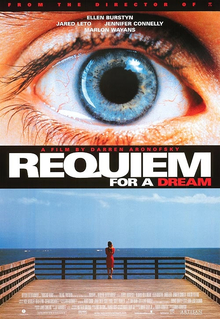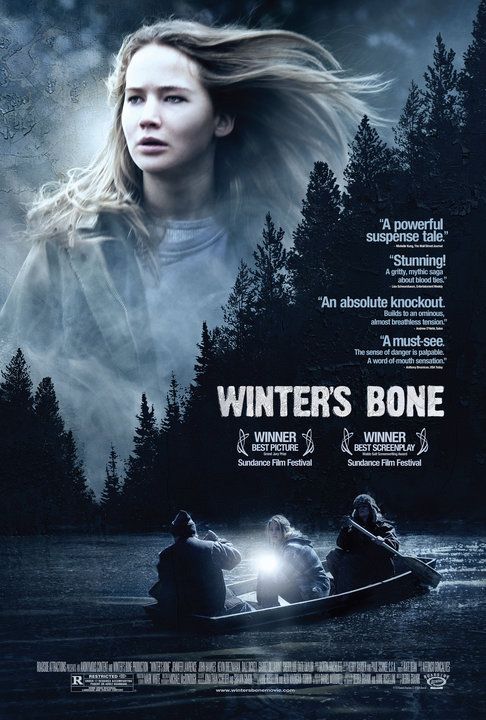In the vain of David Lynch's surrealist vibe, the film, Someone to Watch Over me (named after an Ella Fitzgerald song), takes place in the 1930s, with a noir/ Femme Fatale feel running through it. The story centres around a woman and dancer, Frances, who witnesses the murder of a man at the beginning of the film. We then are guided through the story of how she ended up at that place, where the man was murdered, (a hotel in New York City), which turns out, it was a place she had been performing nightly with her dancing troupe. However, things are, as always, not what it seems, and the question remains in our minds whether what she is telling us is the truth (we get two versions of the film and the events that took place).
As a part of my research for this proposed media production (my film idea) I have listed a couple of actors, style of locations, costumes and music that could be used for the film.
Actors:
Joseph Gordon-Levitt
Carrie-Anne Moss
Naomi Watts
The reason for the selection of these particular actors boils down to what they have previously starred in, and the audience that would be attracted to a film like this.
Firstly, when thinking about the audience for the film, though it would be geared towards the independent cinema-goers who are more used to non-straight forward narratives, the success of films such as Black Swan over the past year have made a gateway to independent cinema that can branch out and make money, albeit not on a Hollywood level, but to make a decent profit.
Having actors that are recognisable to both the mainstream and independent audience would also help the film's profile, which is something I thought about when conducting the research for the actors I have listed.
Joseph Gordon Levitt has starred in the crime/noir thriller Brick, while also playing a major role in the trippy-Hollywood blockbuster, Inception. Both of these kind of genres are themes that I had been intending to try and evoke with Someone to Watch Over Me, and, for audiences, he would be recognisble from not only a commercial level, but an independent one too.
Carrie Anne-Moss hasn't been anything notable of recent times, but she was a lead character in the game-changer (and one of the many films that inspired Inception) The Matrix, and the surreal mind-bender Memento. Like Joseph Gordon Levitt, her appearance in the film would benefit it on a commercial and independent level as she is not an unknown to audiences.
For David Lynch fans, Naomi Watts will be remembered for her performance in Mulholland Drive back in 2001. She has been in many high profiled films since then such as King Kong, and has worked for prolific directors like Woody Allen and Clint Eastwood. Out of all the other actors listed here, because the film is going straight for a David Lynch-inspired vibe, Naomi Watts would be the perfect gateway into getting the audience that this film would attract.
Costumes:
Music:
 The Tree of Life
The Tree of Life














